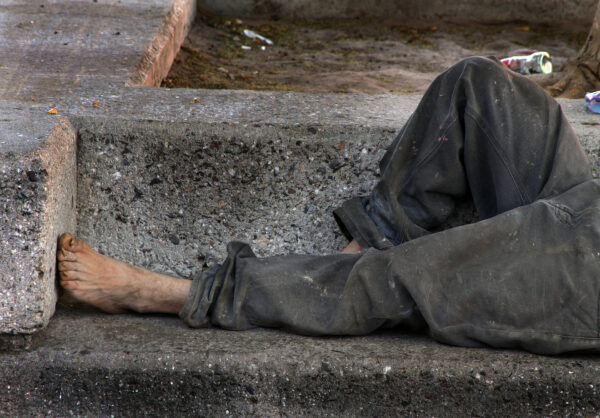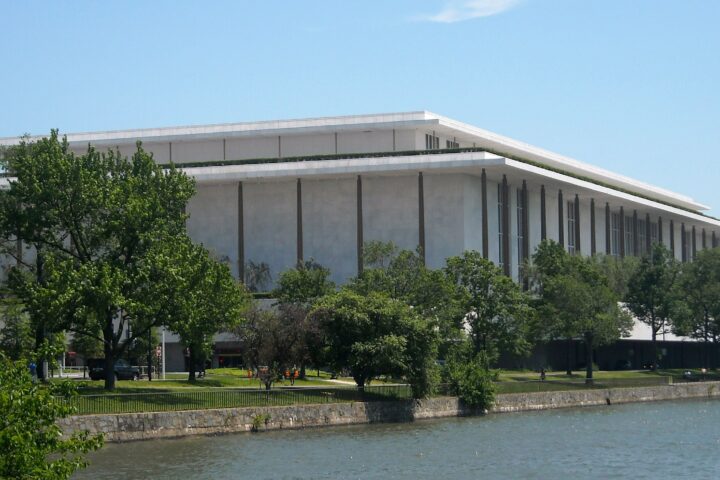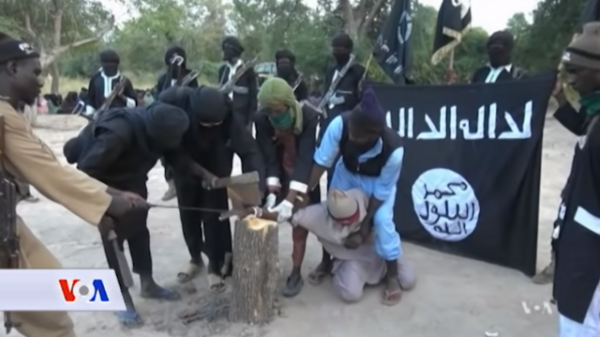President Donald J. Trump on Thursday reportedly signed a sweeping executive order aimed at restoring safety and dignity to America’s streets by addressing the nation’s worsening homelessness crisis—one that reached historic highs under the previous administration.
The order, titled “Restoring Safety and Human Dignity in America’s Cities,” outlines a multi-pronged federal effort to support institutional care for those suffering from addiction and mental illness, while empowering states to enforce basic public order laws that have long been neglected.
“Endemic vagrancy, disorderly behavior, sudden confrontations, and violent attacks have made our cities unsafe,” the order states. “Surrendering our cities and citizens to disorder and fear is neither compassionate to the homeless nor other citizens.”
Trump’s directive calls for the humane institutionalization of homeless individuals suffering from serious mental illness or addiction, stating that “long-term institutional settings” provide a more dignified and stable environment than dangerous encampments or city sidewalks.
It encourages civil commitment where necessary, adding, “Shifting homeless individuals into long-term institutional settings for humane treatment through the appropriate use of civil commitment will restore public order.”
The president also instructed his administration to reverse federal and state legal decisions that have handcuffed local governments from acting decisively.
In particular, the order seeks to roll back judicial precedents and consent decrees that have barred the institutional commitment of those who “pose risks to themselves or the public.”
“We cannot continue policies that allow people to live and die on the streets under the false guise of compassion,” Trump said during brief remarks at the White House.
The order also signals a decisive break from the Biden-era approach to drug addiction, where so-called “harm reduction” policies drew criticism for enabling drug use.
The Trump administration will no longer fund programs that promote safe drug consumption or distribute materials like “safe smoking kits”—a reference to a 2022 controversy in which the Biden administration was accused of distributing free crack pipes.
Instead, the administration will offer grants to incentivize states to enforce laws against public drug use, squatting, loitering, and urban camping—basic quality-of-life ordinances that have gone largely unenforced in many Democrat-run cities.
The data behind the order is stark. According to the Department of Housing and Urban Development, homelessness in 2024 reached its highest level since national tracking began in 2007.
More than 771,000 people were without homes on a single night—of which over 274,000 were unsheltered. California alone accounted for nearly 187,000 homeless individuals, by far the largest share of any state.
The initiative received a quiet boost from the Supreme Court last year, when it ruled that local bans on camping in public spaces do not violate the Constitution’s Eighth Amendment—a decision that now paves the way for cities to take back public parks, sidewalks, and other shared spaces.
When asked Friday about a homeless encampment near the Treasury Department, Trump didn’t mince words: “I think it’s terrible and we’ll have them removed immediately,” he said. “This city has to be run properly. You know, I have the right to take it over, and I think it’s terrible.”
With this latest executive action, Trump is signaling that the era of permissive neglect may be over. For a country reeling from rising crime, addiction, and urban decay, the president’s message is clear: compassion is not chaos—and it’s time to reclaim America’s streets.








